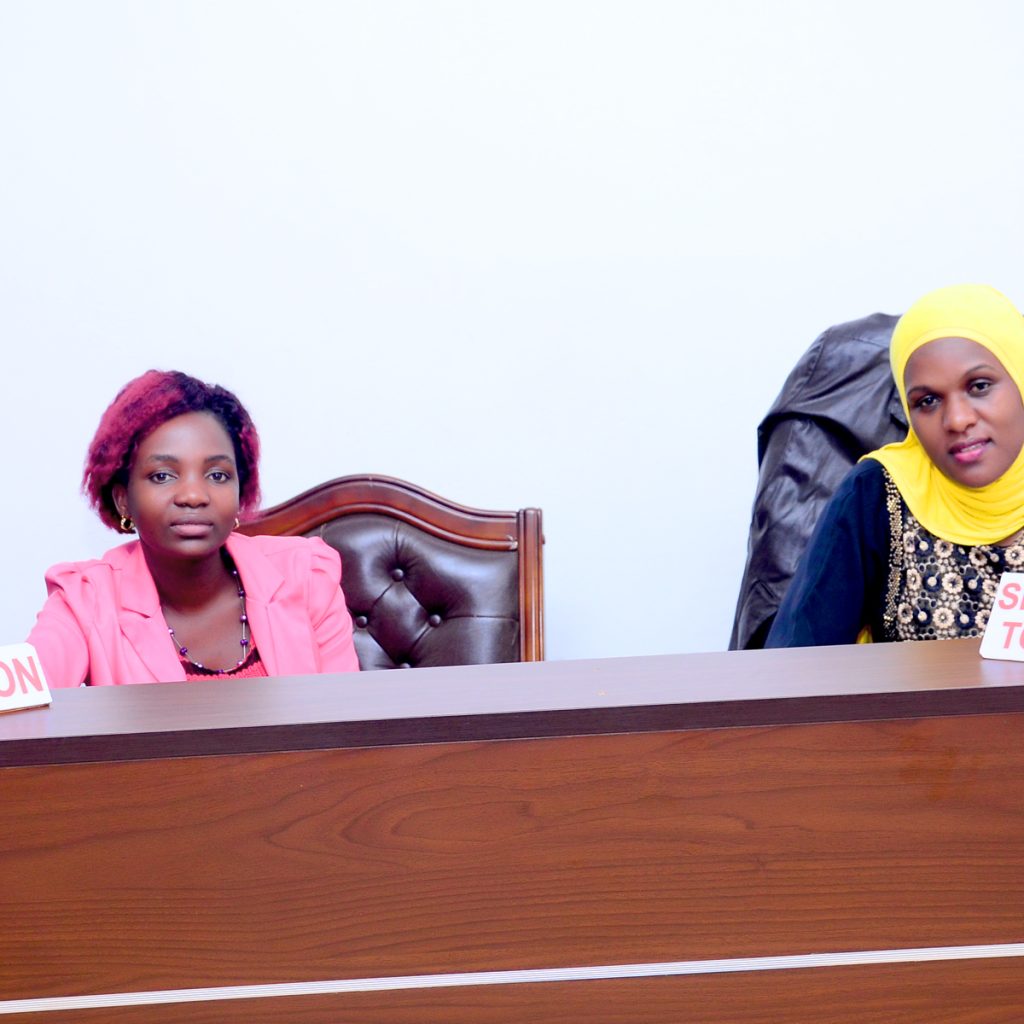
The next generation of leaders – many of whom are studying at university now – are preparing to live and work in a fast, fluid and disrupted world. If they are going to thrive in their careers and stand up as leaders in society, they will need the skills and competencies to bring different people together – from across boundaries – to solve common problems.
Our programmes are highly experiential, exposing students to different perspectives, places, organizations and challenges – often at a global scale. Underpinned by robust methodologies, thought leadership and learning frameworks, they give students the skills and experiences to become leaders who can make an impact – at work and in society.
Work experience is a very useful way of gaining relevant, professional experience and knowledge of a particular industry, as well as potential references. It can be referred to as an internship or placement, and can greatly improve your employability.
Graduate recruiters often use internship or placement schemes as a means of assessing potential candidates for employment after graduation. Most large organisations and some smaller ones run placement schemes for students. These can vary in length from two-three weeks, a vacation period or up to a year and can be part-time or full-time. Some internship or placement programmes are more structured and formal, while others can be more flexible.
Other benefits of internships and placement programmes include:
- Trying out a particular job role and exploring career options
- Making industry contacts and building your network
- Developing transferrable skills such as team work, communication and organisation
- Putting your theoretical knowledge into practice
- Potentially gaining paid work experiencE
- Increasing your knowledge of the application and recruitment process.
